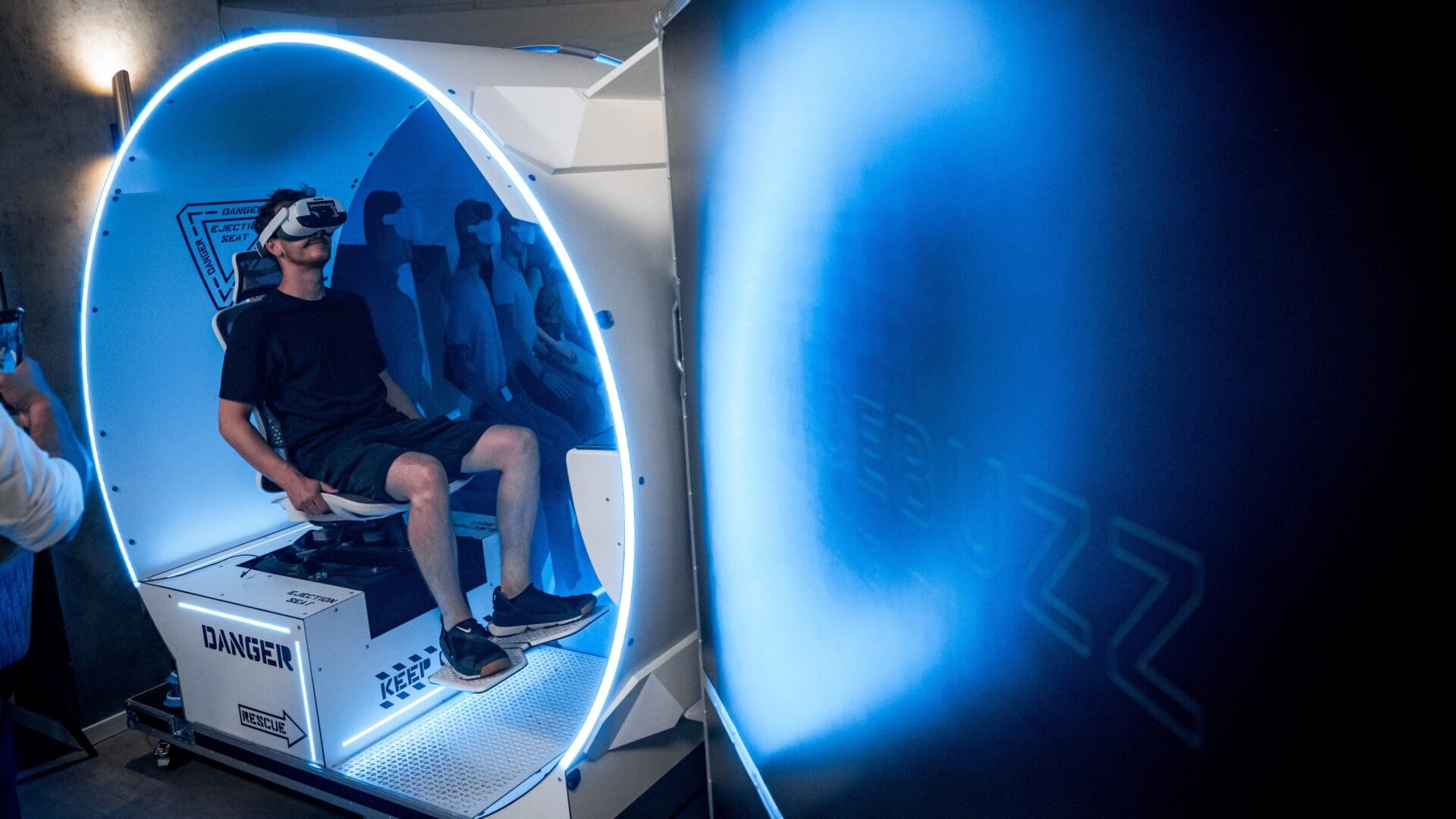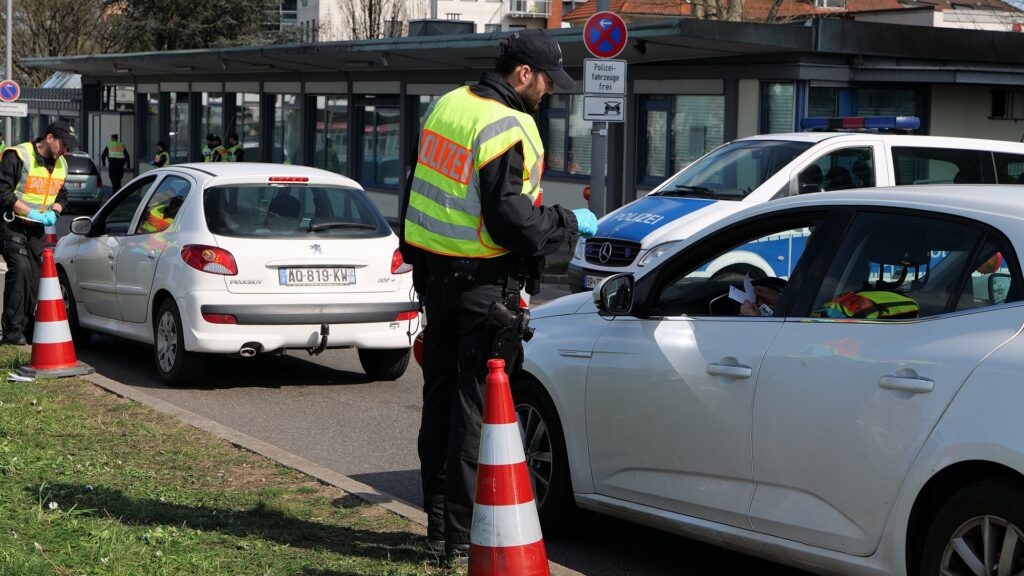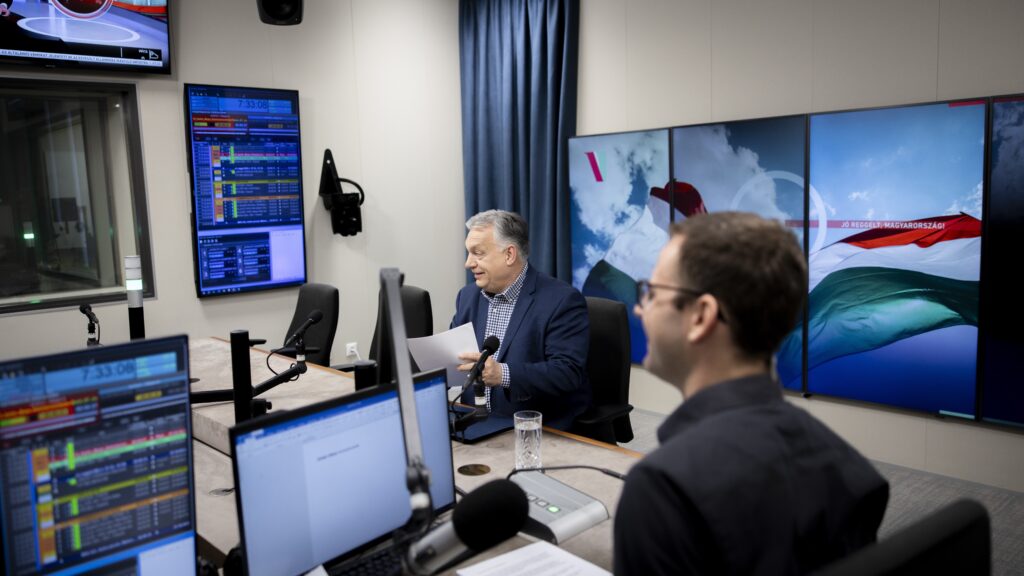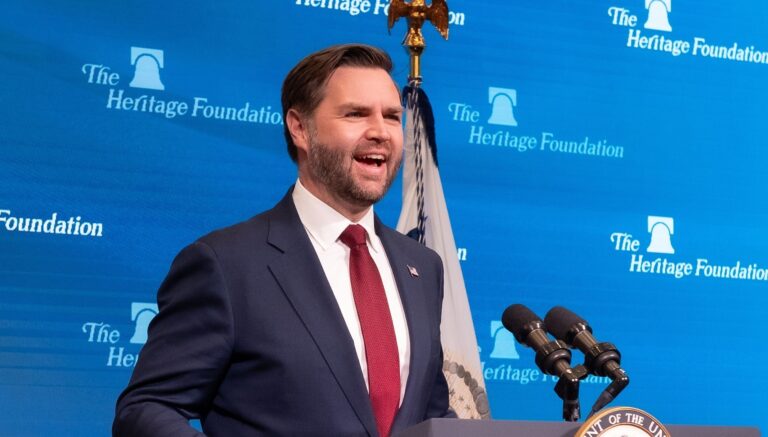The first entirely Hungarian-developed simulation space capsule, equipped with VR technology, was introduced in Budapest on Thursday. The SpaceBuzz-HU, which allows for virtual space travel, is part of an educational programme demonstrating the fragility of our planet and will be made available to Hungarian schools free of charge.
‘Our aim is to bring Earth and the operation of the International Space Station closer to students through an experiential approach. With the SpaceBuzz educational programme, we want to draw children’s attention to nature and environmental protection, as well as to natural sciences, technology, engineering, and mathematics,’ Ministerial Commissioner for Space Research at the Ministry of Foreign Affairs and Trade Orsolya Ferencz stated at the event. She noted that the ministry supported the project with 9 million forints.
‘In recent years, Hungary has done a lot to bring the domestic space sector up to the forefront of the world. We have quintupled our contributions to the European Space Agency (ESA) programmes, and the involved Hungarian entities have managed to bring back nearly all of these contributions to Hungary. Currently, there are 168 registered Hungarian enterprises, research institutes, and universities in ESA,’ Ferencz emphasized.
She mentioned that under the HUNOR Hungarian Astronaut Programme,
a Hungarian research astronaut will be able to travel to the International Space Station.
Tibor Kapu has been selected for this mission, with Gyula Cserényi as his reserve; they will soon continue their training in the United States. ‘Recently, both of them tried out the VR space capsule and rated it as outstanding,’ she remarked.
President of the Board of Trustees of SpaceBuzz Hungary Nonprofit Foundation István Zentai told MTI: ‘By the first half of 2025 at the latest, when the selected Hungarian research astronaut Tibor Kapu is expected to travel to space, a Hungarian-developed and manufactured rocket may be built in which twelve participants can simultaneously experience VR space travel.’
‘The Hungarian space strategy places a strong emphasis on education,
from primary and secondary schools to higher education, linking it with industry and social education. With the SpaceBuzz, a free, registration-based educational programme and simulation space capsule, launched in Hungary in 2019 following the Dutch model, we aim to support schools in Hungary and Hungarian schools abroad. From autumn, we will start a workshop for middle and senior corporate leaders on sustainability awareness,’ Zentai listed.
He expressed hope that Hungarian companies, foundations, and individuals would recognize the importance of this cause and support SpaceBuzz with more substantial funding than currently available.
In response to a question, Orsolya Ferencz highlighted that the UniSpace programme, focusing prominently on education, was launched by a consortium of seventeen Hungarian universities.
The first pilot programme of SpaceBuzz was created through international (Dutch, French, Italian, Hungarian) cooperation with the support of Erasmus+, and since then, more than one hundred schools from Hungary and beyond the borders have participated, involving over 5,500 students and more than two hundred teachers who have received training and teaching materials for use in education.
Related articles:
Sources: Hungarian Conservative/MTI








